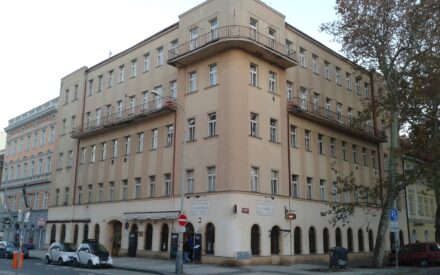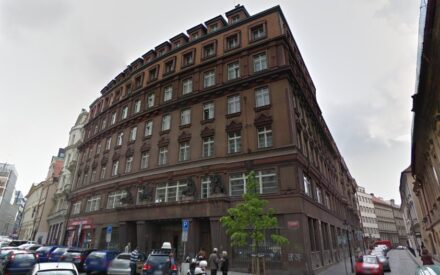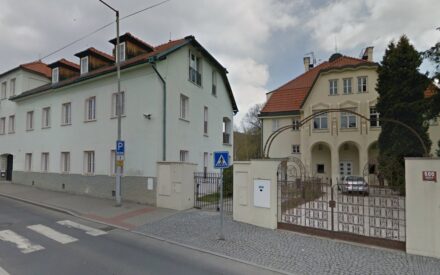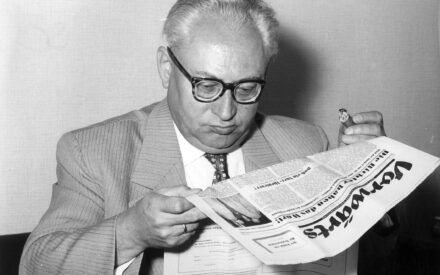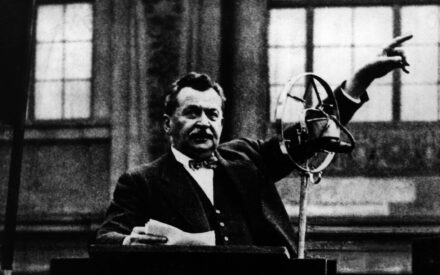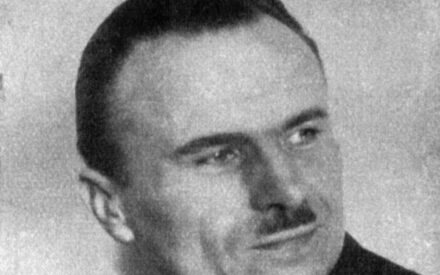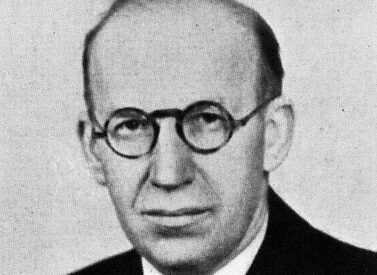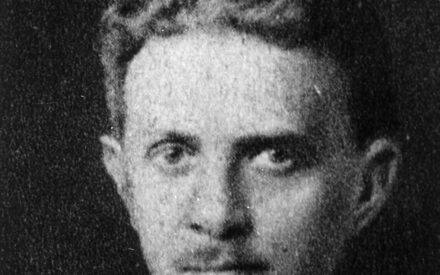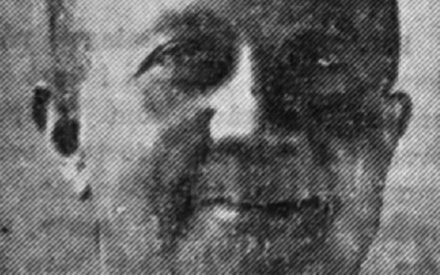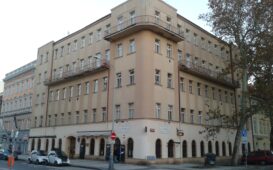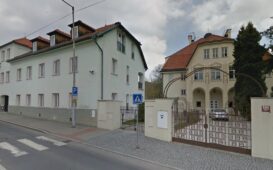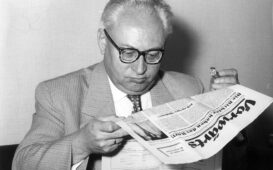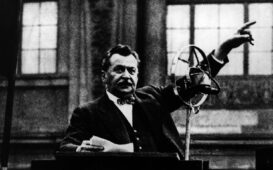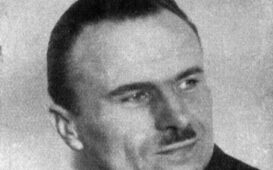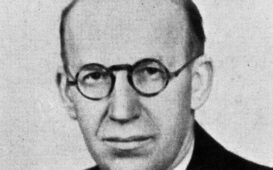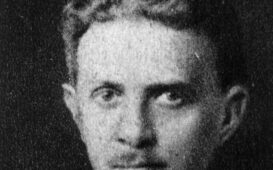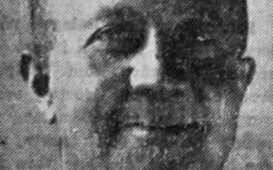SoPaDe
In early 1933, the Nazis seized control of Germany. The immediate consequence was the persecution of political opponents, especially Social Democrats and Communists. The first concentration camps were set up, in which murder and torture took place.
For many Social Democrats and Communists, the only solution was to flee abroad. Czechoslovakia was one of the most important destination countries. There were various reasons for this. In 1933, the Czechoslovak Republic was the last democracy in Central Eastern Europe, and therefore the last state in which refugees could hope to be accepted. Another argument for Czechoslovakia was the long common border, which in the worst case could be crossed without a visa. But perhaps the most important reason was that there was a large minority of Sudeten Germans in Czechoslovakia, numbering 3.5 million. The country was largely bilingual, which made things much easier for the refugees.
In May 1933, various leading figures of the Social Democratic Party of Germany (SPD) made their way to Prague via Saarbrücken, which was under the administration of the League of Nations. A centre of the SPD exile group, called SoPaDe, was formed in Prague to protect those SPD supporters who remained in Germany from Nazi repression. SoPaDe had two major areas of activity.
With the support of the Sudeten German Social Democratic Workers' Party in the Czechoslovak Republic (DSAP), SoPaDe published anti-Nazi newspapers and publications that were smuggled into Germany. In Germany, authorized persons collected information about the political situation, which was then compiled into reports by the SoPaDe in Prague. The second major area of activity was the discussion of the programme, or rather the question of what had actually led to the Nazis taking power in Germany.
When the pressure on Czechoslovakia from Nazi Germany increased significantly in 1937, SoPaDe moved its headquarters to Paris and in 1940 to London. Another large group of German Social Democrats left for the USA in 1940.
After World War II, many of them returned to Germany, but not all. The returnees then rebuilt the SPD.
More information:
Bachstein, Martin K., Beziehungen zwischen sudetendeutschen Sozialdemokraten und dem deutschen Exil: dialektische Freundschaft, in: Becher, Peter, Drehscheibe Prag. Zur deutschen Emigration in der Tschechoslowakei 1933–1939. München 1992, s. 41–52.
Becher, Peter, Drehscheibe Prag. Deutsche Emigranten 1933–1939. München 1989.
Becher, Peter, Drehscheibe Prag. Zur deutschen Emigration in der Tschechoslowakei 1933–1939. München 1992.
Beck, Miroslav, Exil und Asyl. Antifaschistische deutsche Literatur in der Tschechoslowakei 1933–1938. Berlin 1981.
Behring, Rainer, Demokratische Außenpolitik für Deutschland. Die außenpolitischen Vorstellungen deutscher Sozialdemokraten im Exil 1933–1945. (Beiträge zur Geschichte des Parlamentarismus und der politischen Parteien, Bd. 117.). Düsseldorf 1999.
Buchholz, Marlis / Rother, Bernd, Der Parteivorstand der SPD im Exil. Protokolle der Sopade 1933–1940. Bonn, 1995.
Cesar, Jaroslav, Die deutsche antifaschistische Emigration in der Tschechoslowakei (1933–1934), Historica, 1966, č. 12, s. 147–184.
Čapková, Kateřina, Frankl, Michal, Nejisté útočiště. Československo a uprchlíci před nacismem, 1933–1938. Praha 2008.
Černý, Bohumil, Most k novému životu. Německá emigrace v ČSR v letech 1933–1939. Praha 1967.
Deutschland-Berichte der Sopade. Nach dem Exemplar im „Archiv der sozialen Demokratie“ der Friedrich-Ebert-Stiftung neu herausgegeben und mit einem Register versehen von Klaus Behnken. Frankfurt am Main 1980.
Edinger, Lewis, Sozialdemokratie und Nationalismus. Der Parteivorstand der SPD im Exil von 1933–1945. Hannover und Frankfurt a. M. 1960.
Erich, Matthias, Sozialdemokratie und Nation. Ein Beitrag zur Ideengeschichte der sozialdemokratischen Emigration in der Prager Zeit des Parteivorstandes 1933–1945. Stuttgart 1952.
Grötzsch, Robert, Wir suchen ein Land. Bratislava 1936.
Grossmann, Kurt R., Emigration. Geschichte der Hitler-Flüchtlinge 1933–1945. Frankfurt/M. 1969.
Kraft, Thomas, Zuflucht in der Tschechoslowakei, in: Brandes, Detlef, Der Weg in die Katastrophe. Deutsch-tschechoslowakische Beziehungen 1938–1947. Essen 1994, s. 27–37.
Müller, Dora, Drehscheibe Brno, Deutsche und österreichische Emigranten 1933–1939. Brno 1997.
We thank Richard Pinard for his scientific support.
Author: Thomas Oellermann
See also
Collaboration
Cooperation or collaboration?
Notable Women of German-Speaking Prague
The theme maps important places connected with the history of women's emancipation with a focus on the German minority living in Czechoslovakia in the interwar period.
Nicholas Winton was not alone: rescuers 1938–1939
Without the help of many domestic and international volunteers, many people would not have been able to get to safety.
